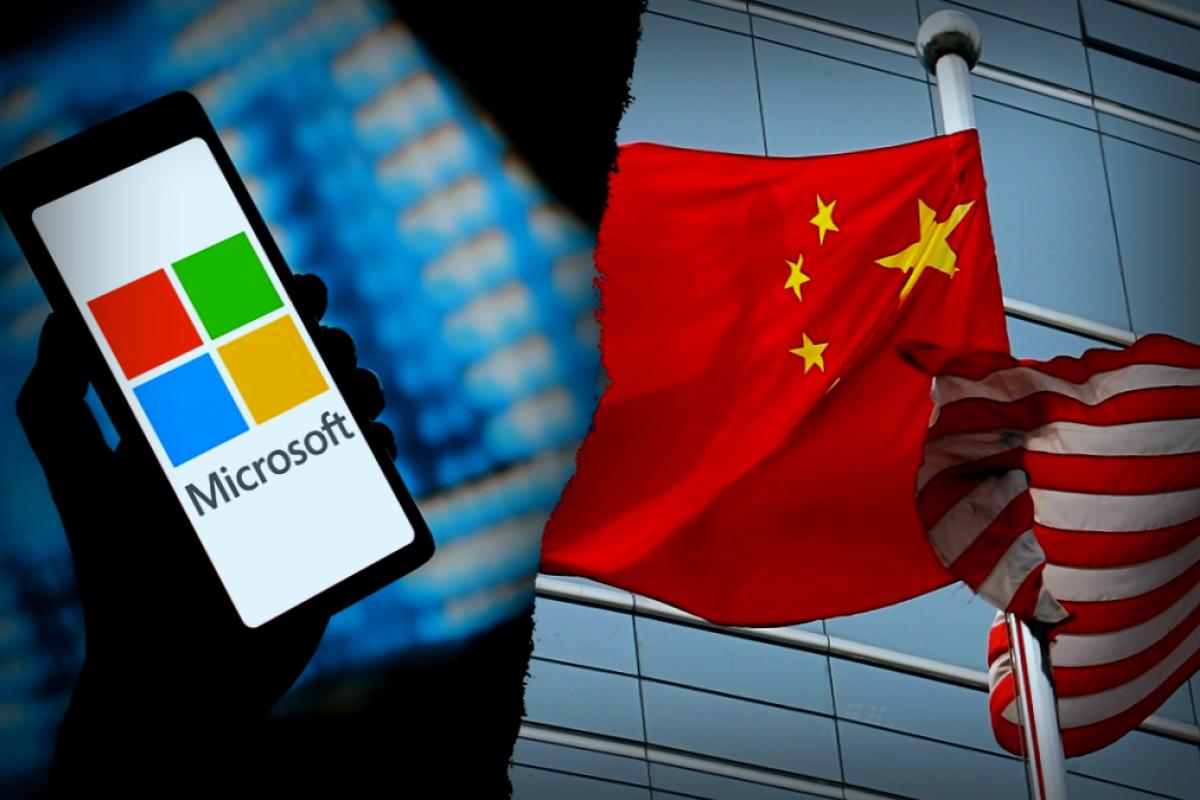A recent investigation by ProPublica has thrown some serious shade on Microsoft, accusing the tech giant of letting China-based engineers work on Pentagon cloud systems. Apparently, this is all part of an effort to ramp up its government contracts, and it’s got national security professionals seriously worried about espionage risks.
The findings point to the so-called “digital escort” framework, a program rolled out back in 2016. Current and former insiders, including employees and contractors on a cloud computing initiative, claim that this setup allows for inadequate supervision of China-based personnel who need to work with the government on tech matters.
One key aspect that plays into this chaos is the Defense Department’s rules, which state that only U.S. citizens or permanent residents should handle sensitive data. However, sources told ProPublica that many workers in these digital escort positions, meant to ensure security, actually don’t have the tech know-how to spot malicious activities from any rogue Chinese team member.
“We’re talking about the fox watching the henhouse while handing the hens sticks for protection against the fox!” said Michael Sobolik, a fellow at the Hudson Institute. This is bad news for our military personnel, as emphasized by Michael Lucci, a defense expert who declared that if the report holds water, it’s frankly a national embarrassment.
Let’s not forget that in China, laws push for citizens to cooperate with state-level data collection. Hence, trusting any individual workers from a state like that with access to vital government info can be catastrophic.
Microsoft’s escort system is meant to manage unclassified, yet sensitive, government information—and that includes anything that safeguards lives or could lead to severe financial fallout. Data within the Pentagon categorized as “Impact Level” four and five falls into this bracket.

To defend itself, Microsoft stated that any contractor with access to sensitive systems has to clear federally mandated background checks. They argue that when it’s necessary, they bring in global experts who work under authorized U.S. personnel to solve issues. They also insist that these experts don’t have direct access to any customer systems.
Initially, the Defense Information Systems Agency (DISA) didn’t have full awareness of the issues ProPublica spotlighted. But as they followed up, they claimed these digital escorts were used for tech support in unclassified settings—not exactly reassuring, right?
Further sinking deeper into the matter, reports revealed Chinese hackers had breached Microsoft’s cloud servers in 2023, stealing sensitive data from high-ranking U.S. officials. These weren’t just any hacks—they involved accessing tens of thousands of emails directly tied to national security concerns.
While former federal agencies have suggested security shortcomings at Microsoft after these hacks, they didn’t make any links to the so-called digital escort system—even though that seems like a massive oversight.
Moving forward, if the allegations from ProPublica ring true, Lucci urges the federal government to completely cut ties with Microsoft. Given the tech company’s apparent failure to protect sensitive information, can we really afford to let them keep handling what protects our soldiers, especially when they’ve already dropped the ball with the CCP?
So, experts are buzzing that we must act fast. The consequences may end up influencing how securely our military can operate. Original article source:Concerns Rise Over Microsoft’s Cloud Program and Potential Chinese Espionage




















